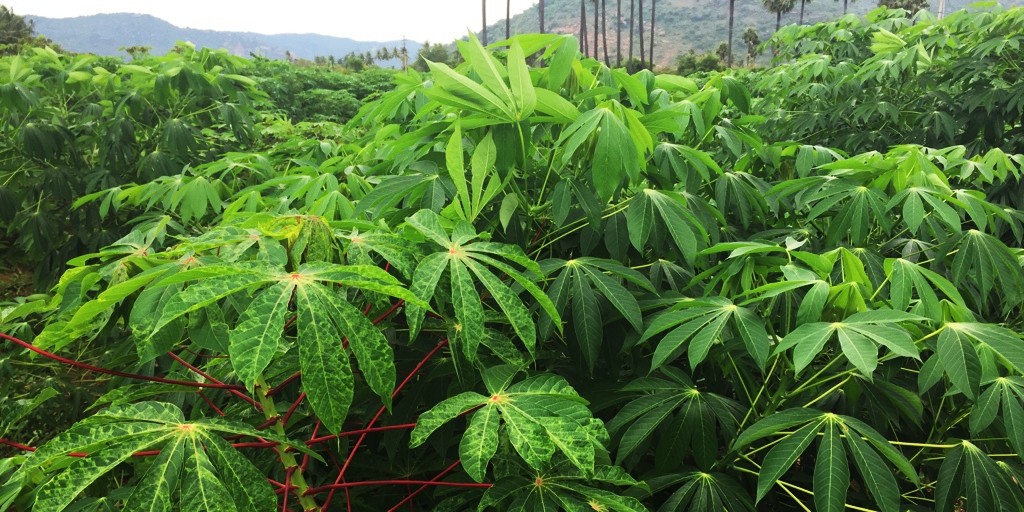Gene-editing technology to create virus-resistant cassava plant has opposite effect, researchers find

By vast
Published: May 27, 2019
Category: GMO 2.0, The Organic & Non-GMO Report Newsletter
Scientists have found that using CRISPR-Cas9 technology to engineer cassava plants to fight off the mosaic virus, actually led to propagation of mutated viruses resistant to gene editing.
Plant biologists at the University of Alberta, the University of Liège in Belgium, and the Swiss Federal Institute of Technology urged caution, saying it “creates a selection pressure on the viruses to evolve more quickly, and also provides the viruses a means to evolve [thus resulting] in a virus mutant that is resistant to our interventions.”
The researchers say more research is needed on this type of application of CRISP-Cas9 on plants. Cassava, a root vegetable and staple for a billion people in South America, Africa, and Asia, is threatened by cassava mosaic disease.
The scientists delivered the genes for CRISPR-Cas9 to the cassava plant, to make the organism resistant to specific viruses.
“It wasn’t completely unexpected,” said lead researcher Hervé Vanderschuren, based at the University of Liège, Belgium. “If you select plants that are naturally resistant to viruses, you see the emergence of viruses that can circumvent this resistance.”
The report, published in Genome Biology, shares the limitations and risks of CRISPR-Cas9.
Source: Folio
To view original article, visit:








